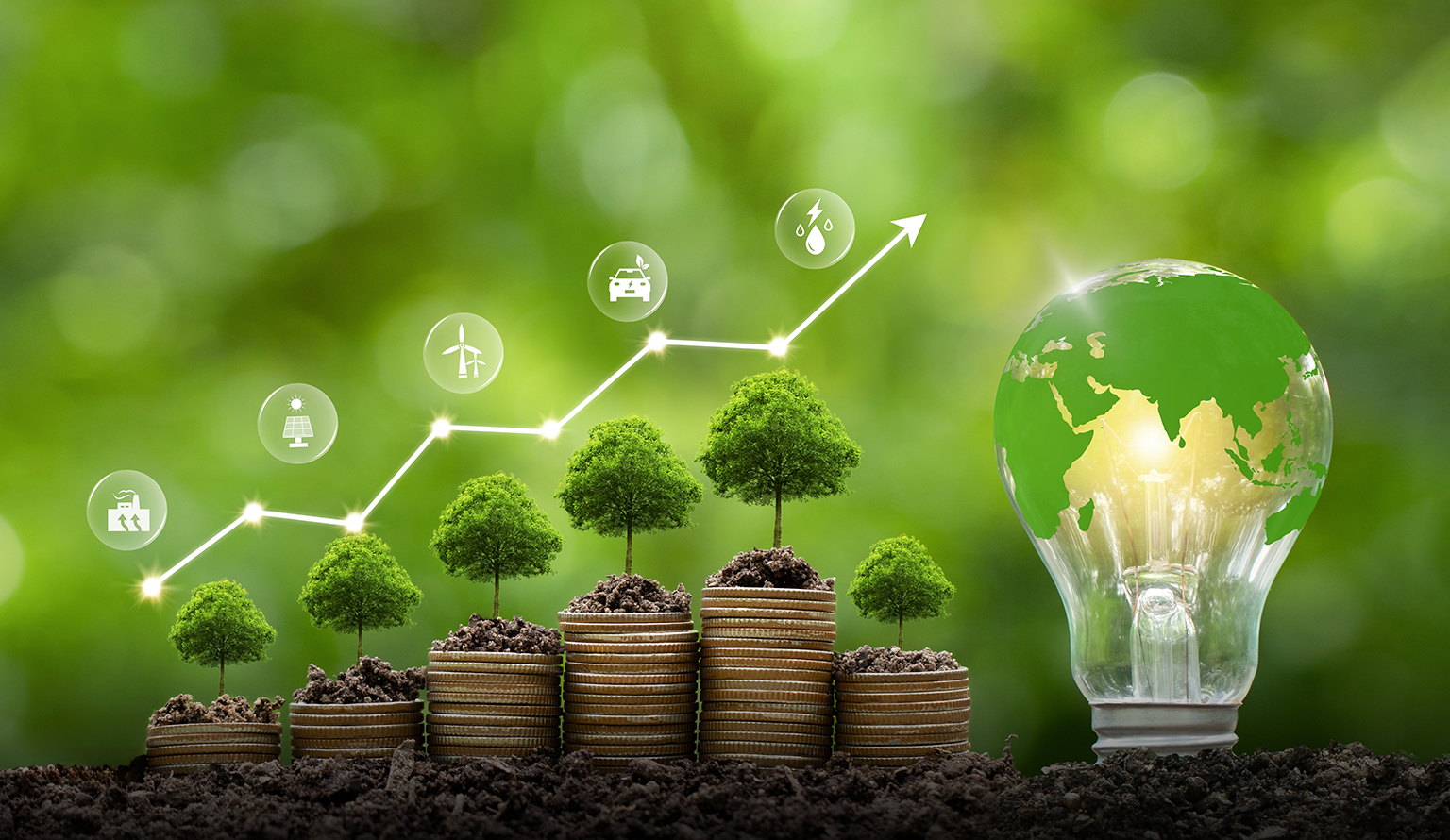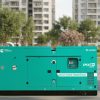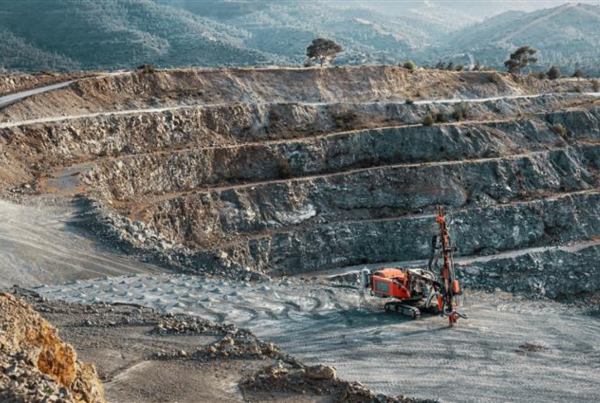India’s economy has witnessed remarkable growth over the past few decades, and a significant factor driving this progress is the country’s increasing reliance on green energy. With approximately 100.33 GWof solar capacity already installed (as of January 2025) and ambitious plans to reach 500 GW of renewable energy capacity by 2030, India is rapidly shifting away from traditional fossil fuels.
Wind power is also set for substantial growth, targeting 140 GW by 2030. As the nation embraces distributed energy resources (DERs) and renewable energy sources, these developments play an important role in powering industries, improving energy access, and driving sustainable economic growth. This shift is a strategic move towards a cleaner, more self-reliant future.
Boosting Economic Stability Through Renewable Energy
India’s vast geographical diversity offers immense potential for harnessing renewable energy sources like solar, wind, and hydropower. Recognizing this potential, the government has actively promoted green energy initiatives through various policies and incentives, to make India a global leader in sustainable energy. The emphasis on renewable energy sources has led to a significant increase in installed capacity, with solar and wind energy seeing the most substantial growth. This expansion supports India’s vision of reducing its carbon footprint and achieving energy security.
The introduction of distributed energy resources has further accelerated the adoption of green energy. DERs, which include solar panels, wind turbines, and battery storage systems, allow for localized energy generation and consumption. This ensures a reliable power supply, especially in remote areas. As a result, green energy has become more accessible to industries and households, contributing to the nation’s economic stability.
Economic Benefits of Green Energy
The shift towards green energy has numerous economic benefits. For one, it reduces the dependence on expensive fossil fuel imports, which can drain foreign reserves. Additionally, green energy projects create thousands of jobs, ranging from manufacturing and installation to maintenance and research.
Furthermore, distributed energy resources empower communities to generate their own electricity, promoting energy democracy. With more industries and businesses adopting sustainable energy solutions, operational costs decrease, and profits improve.
Sustainable Energy: A Catalyst for Growth
By focusing on renewable energy sources, the country is taking meaningful steps toward reducing greenhouse gas emissions and combating climate change. The adoption of green energy has also opened new avenues for foreign investment. International stakeholders are increasingly interested in India’s renewable energy market, given its potential for growth and the supportive regulatory environment. This inflow of capital helps stimulate further economic development, ensuring that India remains competitive on the global stage.
Distributed energy resources are important for large-scale industrial applications and rural electrification. Many remote areas in India, which previously lacked reliable access to power, now benefit from microgrids powered by solar or wind energy. These microgrids provide uninterrupted electricity, enabling local businesses to thrive and enhancing the quality of life for residents. Green energy, therefore, is about inclusive growth that reaches every corner of the country.
Jakson Group: Leading the Way in Distributed Energy Solutions
For over 78+ years, Jakson Group has been at the forefront of India’s energy sector, committed to driving the green energy transition. Starting with pioneering silent gensets, Jakson Group set the benchmark for innovation in power solutions. Today, we continue to lead the way with CPCB IV+ compliant gensets, providing environmentally sustainable and reliable power backup.
With an annual genset manufacturing capacity of 15,000 units, a solar rooftop portfolio of over 250 MW, and a record of avoiding more than 250,000 tons of CO2 emissions, Jakson Group exemplifies how distributed energy resources can drive economic growth. Our solutions empower businesses and communities with sustainable energy, reinforcing India’s journey toward a green and self-sufficient economy.
FAQ
Green energy reduces fuel imports, lowers energy costs, creates jobs, and attracts domestic and foreign investment.
As of January 2025, India has installed approximately 100.33 GW of solar capacity, with additional wind and other renewable sources contributing to its growing green energy portfolio.
India aims to achieve a total of 500 GW of renewable energy capacity by 2030, including solar, wind, and other clean energy sources. This is part of the country’s larger strategy for sustainable and self-reliant growth.
Green energy technologies like solar and wind have lower long-term operating costs compared to fossil fuels. As industries and communities adopt renewables, their energy bills decrease, improving profitability and competitiveness.









